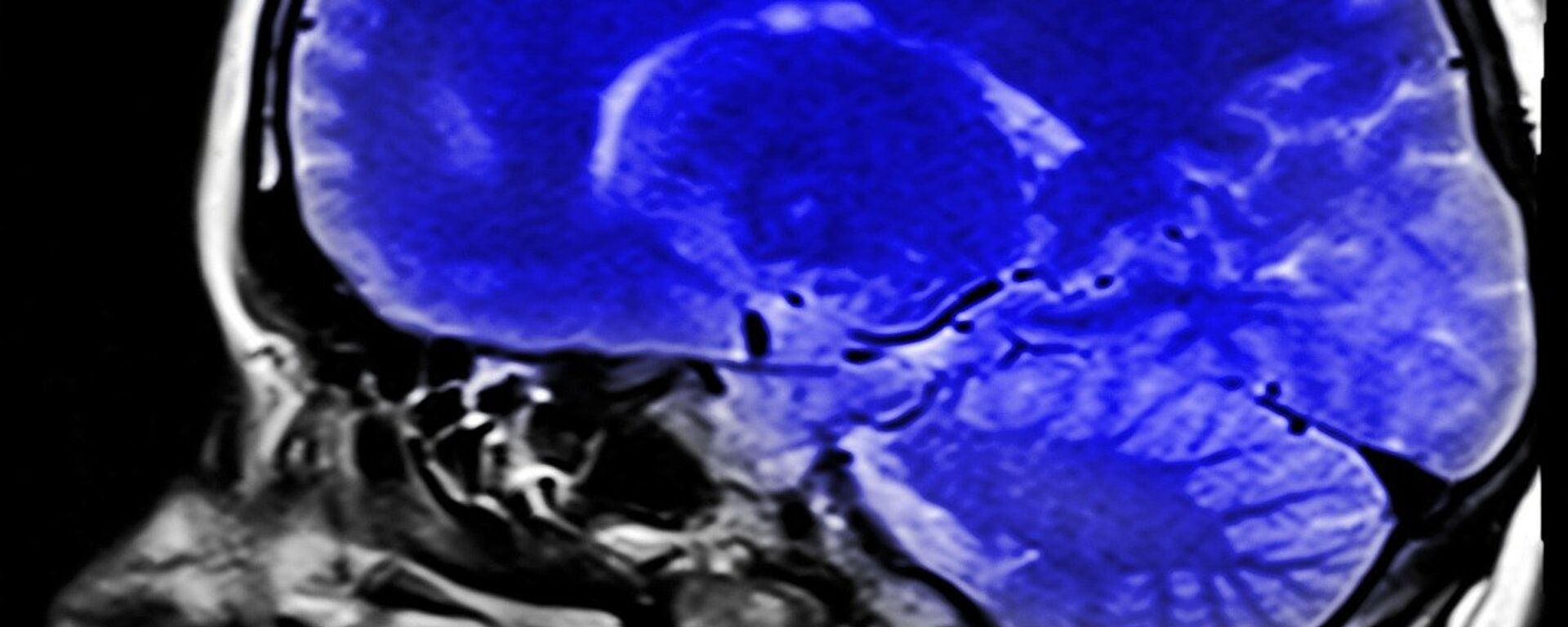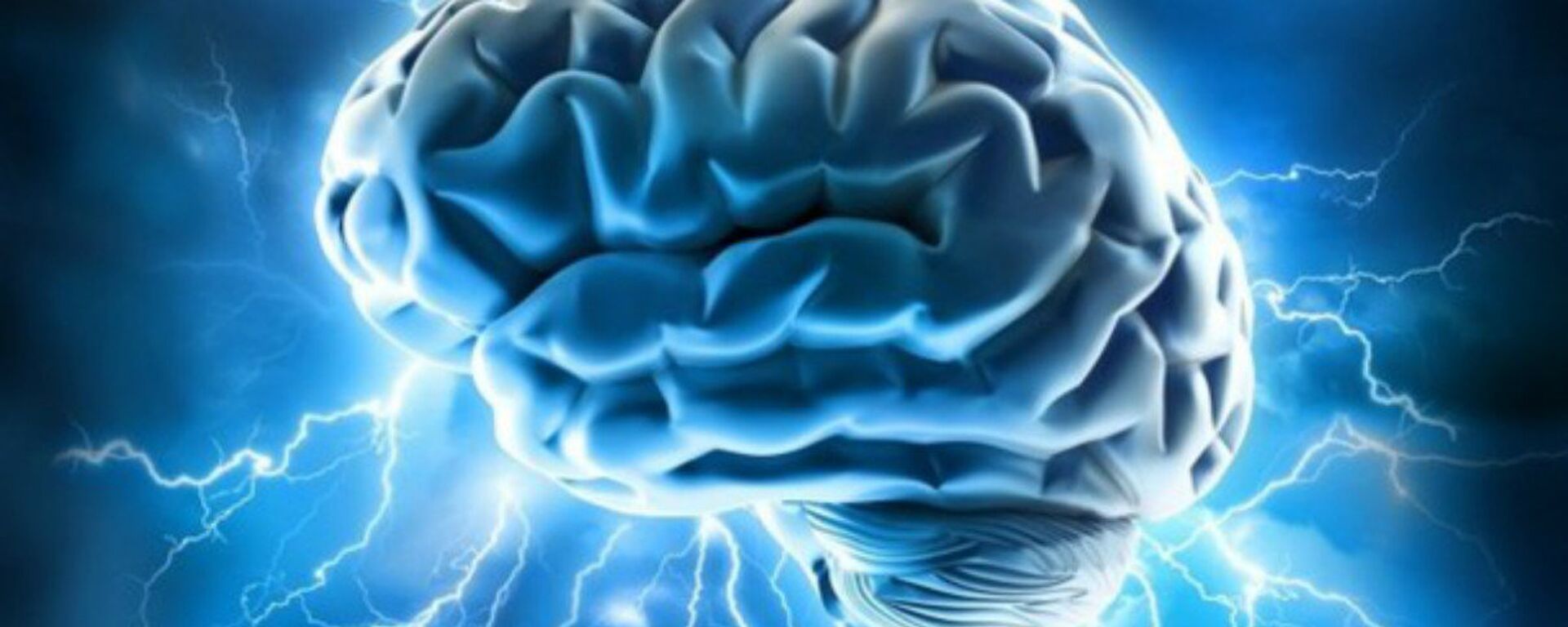https://sputnikglobe.com/20220114/forgetting-memories-is-useful-new-study-dispels-concerns-1092262677.html
Forgetting Memories is Useful? New Study Dispels Concerns
Forgetting Memories is Useful? New Study Dispels Concerns
Sputnik International
Time plays merciless tricks when it comes to the human memory, but according to researchers, it appears that this might not be such a dreaded event after all. 14.01.2022, Sputnik International
2022-01-14T16:37+0000
2022-01-14T16:37+0000
2022-01-14T16:37+0000
dublin
scientists
memory
process
theory
toronto
neurons
https://cdn1.img.sputnikglobe.com/img/07e6/01/0e/1092260764_0:173:1200:848_1920x0_80_0_0_21632b5afc4183e77ae71a6f33bb9d86.jpg
With most people fearing the fading of memory as time advances, a new theory suggests that “forgetting” could prove rather useful for a human organism.The theory has been developed by Tomas Ryan, Associate Professor in the School of Biochemistry and Immunology and the Trinity College Institute of Neuroscience at Trinity College Dublin, along with Paul Frankland, Professor in the Department of Psychology at the University of Toronto and the Hospital for Sick Children in Toronto.What’s more, people may benefit from forgetting some memories because it can lead to more flexible behaviour and better decision-making, according to the researchers.Ryan explained that “memories are stored in ensembles of neurons called ‘engram cells’ and successful recall of these memories involves the reactivation of these ensembles”. He added that their new theory proceeds from the assumption that "forgetting occurs because of circuit remodelling that switches engram cells from an accessible to an inaccessible state”.Frankland, for his part, referred to “several ways our brains forget”, adding that “all of them act to make the engram – the physical embodiment of a memory – harder to get access to”.Touching upon Alzheimer’s disease in light of the new theory, both scientists mentioned the so-called “natural forgetting mechanisms”, which are “hijacked” during the disease , something that ostensibly leads to “greatly reduced engram cell accessibility and pathological memory loss”.
https://sputnikglobe.com/20180112/scientists-find-key-brain-young-1060716476.html
https://sputnikglobe.com/20160829/brain-statistical-calculations-1044744060.html
dublin
Sputnik International
feedback@sputniknews.com
+74956456601
MIA „Rossiya Segodnya“
2022
Oleg Burunov
https://cdn1.img.sputnikglobe.com/img/07e4/09/0b/1080424846_0:0:2048:2048_100x100_80_0_0_3d7b461f8a98586fa3fe739930816aea.jpg
Oleg Burunov
https://cdn1.img.sputnikglobe.com/img/07e4/09/0b/1080424846_0:0:2048:2048_100x100_80_0_0_3d7b461f8a98586fa3fe739930816aea.jpg
News
en_EN
Sputnik International
feedback@sputniknews.com
+74956456601
MIA „Rossiya Segodnya“
Sputnik International
feedback@sputniknews.com
+74956456601
MIA „Rossiya Segodnya“
Oleg Burunov
https://cdn1.img.sputnikglobe.com/img/07e4/09/0b/1080424846_0:0:2048:2048_100x100_80_0_0_3d7b461f8a98586fa3fe739930816aea.jpg
dublin, scientists, memory, process, theory, toronto, neurons
dublin, scientists, memory, process, theory, toronto, neurons
Forgetting Memories is Useful? New Study Dispels Concerns
Time plays merciless tricks when it comes to the human memory, but according to researchers, it appears that this might not be such a dreaded event after all.
With most people fearing the fading of memory as time advances, a new theory suggests that “forgetting” could prove rather useful for a human organism.
Under the theory published in the international journal, Nature Reviews Neuroscience, the process of forgetting can be perceived as a certain form of learning for an individual, a claim that will almost surely come as music to elderly people’s ears.

12 January 2018, 18:54 GMT
The theory has been developed by Tomas Ryan, Associate Professor in the School of Biochemistry and Immunology and the Trinity College Institute of Neuroscience at Trinity College Dublin, along with Paul Frankland, Professor in the Department of Psychology at the University of Toronto and the Hospital for Sick Children in Toronto.
The two scientists believe that forgetting is nothing but a functional feature of the brain, enabling it to interact dynamically with the environment.
What’s more, people may benefit from forgetting some memories because it can lead to more flexible behaviour and better decision-making, according to the researchers.
Ryan explained that “memories are stored in ensembles of neurons called ‘engram cells’ and successful recall of these memories involves the reactivation of these ensembles”. He added that their new theory proceeds from the assumption that "forgetting occurs because of circuit remodelling that switches engram cells from an accessible to an inaccessible state”.

29 August 2016, 14:08 GMT
“Because the rate of forgetting is affected by environmental conditions, we propose that forgetting is actually a form of learning that alters memory accessibility in line with the environment and how predictable it is,” the professor asserted.
Frankland, for his part, referred to “several ways our brains forget”, adding that “all of them act to make the engram – the physical embodiment of a memory – harder to get access to”.
Touching upon
Alzheimer’s disease in light of the new theory, both scientists mentioned the so-called “natural forgetting mechanisms”, which are “hijacked” during the disease , something that ostensibly leads to “greatly reduced engram cell accessibility and pathological memory loss”.




